Stability and long-term profitability require the development of wise financial practices. Whether saving for retirement or managing your company’s daily costs, financial independence may be achieved using sound financial habits. Tools like Alberts make money management easier and assist you in developing a customized strategy. This article highlights effective budgeting, regular saving, and financial success.
Set Clear Financial Goals
The first step towards good money management is setting financial objectives.
Short-term: Put money aside for unforeseen circumstances or an emergency fund.
Medium-term: Reduce debt or save funds for a home down payment.
Long-term: Increase your investment account or your retirement funds.
Setting and maintaining clear goals helps you stay motivated.
Create a Budget and Stick to It
A good budget includes tracking your earnings, outlays, and savings. It aids in budgeting and guarantees that you have adequate money to pay bills.
How to Create a Budget:
·Employing bank statements, business documents, and financial information, evaluate your existing financial status.
·Enumerate your costs, such as loan repayment, living expenditures, cover expenses, and utility bills.
·Depending on priorities, such as emergencies raising capital, investments, and savings, divide funds among many line items.
A monthly capital budgeting amount ensures adherence to your financial objectives.
Build an Emergency Fund
A successful financial future depends on having an emergency fund. Unforeseen occurrences such as natural disasters or unexpected medical costs are covered.
To begin, set aside enough money to cover three to six months’ costs. Open a special savings account to separate these funds from your everyday living expenses. Automate payroll transfers to guarantee regular contributions.
Save Consistently and Build Wealth
· Part of financial planning includes saving money. Take a look at these tactics:
· For more interest, open a high-yield savings account.
· To accelerate the growth of your funds, use compound interest.
· Make future-ready contributions to a 401(k) or comparable retirement savings plan.
Small, regular donations can accumulate much money over time.
Manage Debt Strategically
Being financially independent requires effective debt management. Prioritize paying off credit card bills and other high-interest obligations.
Tips for Debt Management:
· Pay more than the minimal amount due to lower taxes and interest expenses.
· Obtain a reduced interest rate by consolidating your debts.

· Follow your budget to prevent taking on needless debt.
· When debt is paid off, you can concentrate on investing and saving.
Invest Wisely for Long-Term Goals
To develop wealth and reach long-term financial objectives, investing is crucial. Reduce risk by diversifying your investments.
Investment Tips:
· Create an investing account to access mutual funds, equities, and bonds.
· Keep an eye on market circumstances so you can make wise choices.
· For advice, consult financial professionals and experts or use a professional money management system.
Make modest initial contributions and grow them as your income grows.
Track Spending and Optimize Cash Flow
Keeping track of your expenditures is essential to personal finance. Review your cash flow regularly to ensure you have adequate funds for necessary spending.
Ways to Optimize Cash Flow:
· To monitor everyday activities and spending patterns, use digital technologies.
· Reduce needless costs like impulsive purchases and excessive utility consumption.
· By keeping working capital, you and working capital management may prepare for times when your revenue is low or when expenses arise.
Being financially responsible keeps you ready for shifts in the market or your situation.
Plan for Retirement Early
Early Retirement Preparation should begin as soon as feasible. If your company matches your contributions, make regular contributions to a 401(k) or comparable plan.
Recognize the potential for compound interest to increase your nest egg over time. You may increase your retirement savings by utilizing tools like Alberts or working with financial managers.
Leverage Tools and Resources
Technology makes financial management easier. A financial management system can automate savings, set up bill payment reminders, and monitor spending through apps and internet platforms.
Benefits of Using Tools:
· Learn about your money in real time.
· Keep your financial objectives and payments structured.
· Get individualized guidance based on your requirements.
Digital technologies facilitate better using financial data and decision-making and expedite cash management.
Maintain Smart Money Habits
Financial success is largely dependent on sound, effective financial management practices. These consist of:
· Utility bills should be paid on time to prevent late fines.
·Making responsible credit card use and paying off bills in full will help you avoid incurring interest.
·Putting money aside for long-term objectives like creating a company or purchasing a home.
You may attain financial stability and accumulate money over time by adopting wise behaviors.
FAQs
1. How much should I put aside for emergencies?
The target is three to six months of living expenses. Adjust according to your goals and financial status.
2. How do I create a budget?
Assign funds for investments and savings, prioritize necessities, and keep tabs on your earnings and outlays.
3. What’s the advantage of a high-yield savings account?
With higher interest rates, high-yield savings accounts allow you to increase your money faster than regular accounts.
4. How can I properly manage my debt?
Avoid taking on more debt, pay off high-interest bills first, and combine loans for cheaper rates.
5. Why is retirement planning important?
Starting early ensures future financial stability by allowing compound interest to boost your funds.
Conclusion
With wise financial practices, you can attain your objectives and efficiently manage your cash.

Every step helps you become financially independent, from setting up a budget and saving regularly to making prudent investments and controlling debt. Take charge of your financial destiny and streamline your path to financial freedom using tools like Alberts. The foundation of success is careful preparation and methodical execution.



